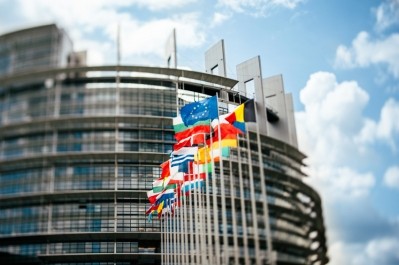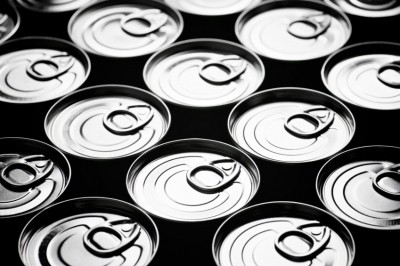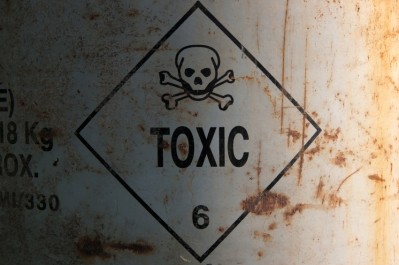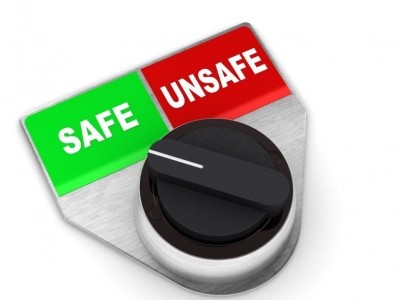Exposed: How powerful lobbies thwarted hormone chemical regulation
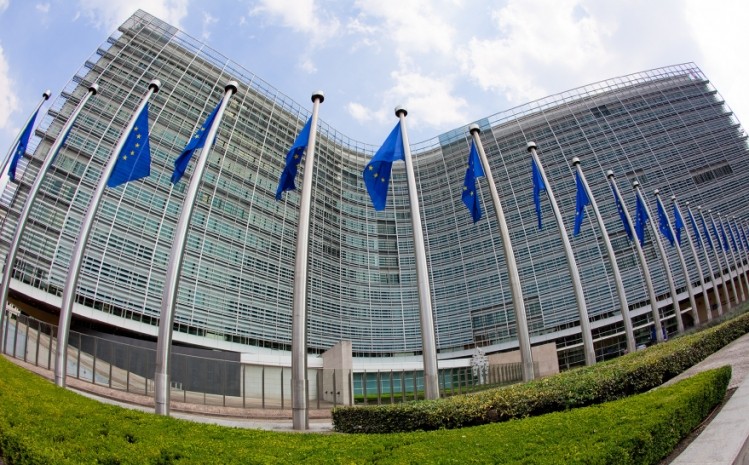
Widely used in the food industry from plastics, pesticides to food additives, endocrine disrupting chemicals (EDCs) are known to have harmful effects on health but the exact levels have been disputed. Bisphenol A, banned from use in baby bottles in 2010, is an EDC.
But efforts from policymakers to define the criteria for regulating them have been thwarted by powerful lobbying tactics, resulting in one member state bringing the EC to court for failing to act.
Using documents obtained under the freedom of information act, French journalist Stéphane Horel and consumer group Corporate Europe Observatory compiled a 23-page report which accuses the EU of jeopardising public health by ceding to the scaremongering tactics of the chemical industry.
Bowing to pressure – both inside and out
The report claims industry tried to discredit and delay independent scientific studies whilst promoting its own science that downplayed the harmful effects of ECDs.
On its website, the European Chemical Industry Council (CEFIC) said: “While fully supporting the European Commission in its initiative (…) we have long been asking for regulation to be based on science, to avoid restrictions on chemical substances that would lead to the loss of useful products with no gain in chemical safety for people or the environment.”
CEFIC director general has said the report is inaccurate and misrepresents industry’s position.
The report also claims the lobbies cultivated an internal power struggle within the EU Directorate Generals.
In 2010, when the Commission charged the Directorate General (DG) Environment with establishing the scientific criteria to define EDCs, the chemical industry encouraged other more industry-receptive DGs - such as DG Sanco (now SANTE) and DG Enterprise which works to promote a business-friendly environment in Europe – to ‘secretly collaborate’ and go against the DG Environment.
“These economic DGs were keen to believe the exaggerated claims of industry about the big profit losses that the banning of EDC-pesticides,” says the report.
As a result of this pressure, DG SANCO mandated EFSA to redo the work carried out by DG Environment in 2012 – even though 8 out of 10 members of the EFSA working group had conflicts of interest and none was a specialist in endocrinology, claims the report.
This is an allegation that EFSA denies.
Senior media relations officer for EFSA Steve Pagani told FoodNavigator: “An interest declared by a scientist does not necessarily mean there is a conflict of interest. EFSA takes great care to review each individual expert's declarations of interests together with the particular mandate (risk assessment) under consideration.
“(…)This is a rigorous process which was carried out in this case, as in all others. There were seven members of the Working Group with expertise in general, human or environmental endocrinology.”
‘Embarrassing’
The report, entitled A Toxic Affair, also reveals details of a leaked email sent by one unnamed EFSA committee member which called the committee's work embarrassing.
The email reads: “It is almost embarrassing to compare our current draft report with the World Health Organisation and United Nations Environmental Programme (WHO-UNEP) report. We in our report are trying to down-play or even avoid [the issues the WHO-UNEP report highlights].
“When WHO-UNEP comes to the conclusion that traditional risk assessment of chemicals is not fit for purpose to assess [endocrine disruptors], we are exactly coming to the opposite conclusion….”
Pagani said this opinion was expressed as part of an on-going scientific discussion and did not constitute EFSA’s official position.
“This type of exchange – where experts and staff openly discuss differences of opinion on concrete scientific issues – is normal practice and an essential element in everyday scientific discourse.”
Impact assessment or scientific opinion?
The report alleges that the industry lobbies then attempted to delay the definition of EDC criteria by demanding an impact assessment from the EC.
Aside from delaying the process by taking on average 12-15 months, impact assessments are oftenskewed in favour of economic aspects, as health impacts are hard to quantify.
David Gee, former senior advisor on science and policy at the European Environment Agency (EEA), said: “We know from the history of previous efforts to do cost-benefit analyses, impact assessments, that they’re deeply flawed generally speaking because it is much easier to put numbers on costs of regulation than it is to put numbers on what are the benefits to society over the next four or five decades of not having reproductive problems.”
The decision to conduct an impact assessment was questioned by MEPs at the time who wrote to then-EC President Barroso saying that objective science was being confused with policy-making, while member state Sweden filed a lawsuit against the Commission for ‘failure to act’.
In January this year both the European Parliament and the Council voted to officially support Sweden's lawsuit.

